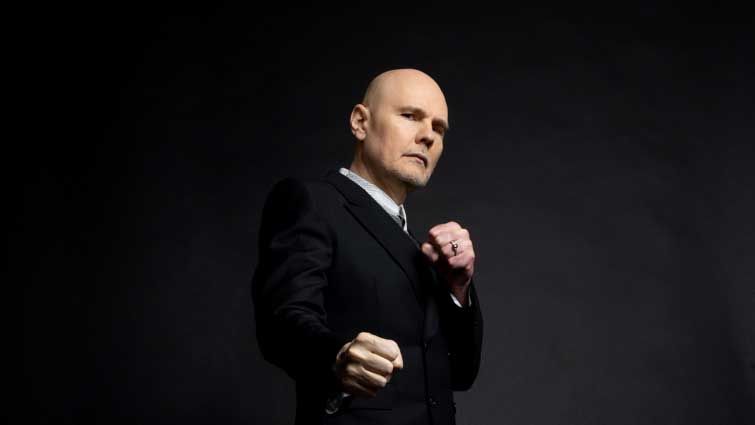Discover how Queen’s latest album is bringing back their classic rock sound and stirring up controversy.
Queen’s legendary performance at Auckland’s Mount Smart Stadium in April 1985 marked the end of their challenging tour in support of their album The Works. Despite being a UK success, the album struggled in America, leading to a period of uncertainty for the band. Brian May, Roger Taylor, and John Deacon were unsure of what the future held following the mixed reception to their music and the various challenges they faced.
Freddie Mercury, in particular, was exploring a new musical direction with his solo album Mr. Bad Guy, which incorporated dance music influences from New York and Munich’s club scenes. This change was reflected in Queen’s evolving sound, as they experimented with different styles on albums like The Game and Hot Space.
The band’s decision to work on the soundtrack for a film adaptation of The Hotel New Hampshire in Los Angeles marked a significant shift in their creative process. The recording sessions were marked by tensions and disagreements, but also moments of collaboration and innovation.
As they navigated the complexities of their changing musical landscape, Queen faced challenges with their record labels and radio airplay. Despite setbacks in America and controversies surrounding some of their music videos, Queen remained committed to their music and their art.
Ultimately, it was Queen’s performance at Live Aid in July 1985 that solidified their place in rock history. The band’s electrifying set at Wembley Stadium captivated audiences around the world and showcased their enduring talent and showmanship.
Through all the highs and lows, Queen remained a force to be reckoned with in the music industry. Their legacy continues to inspire and resonate with fans, as evidenced by their timeless hits and unforgettable performances. Queen’s journey is a testament to the power of music to transcend boundaries and connect people from all walks of life.







